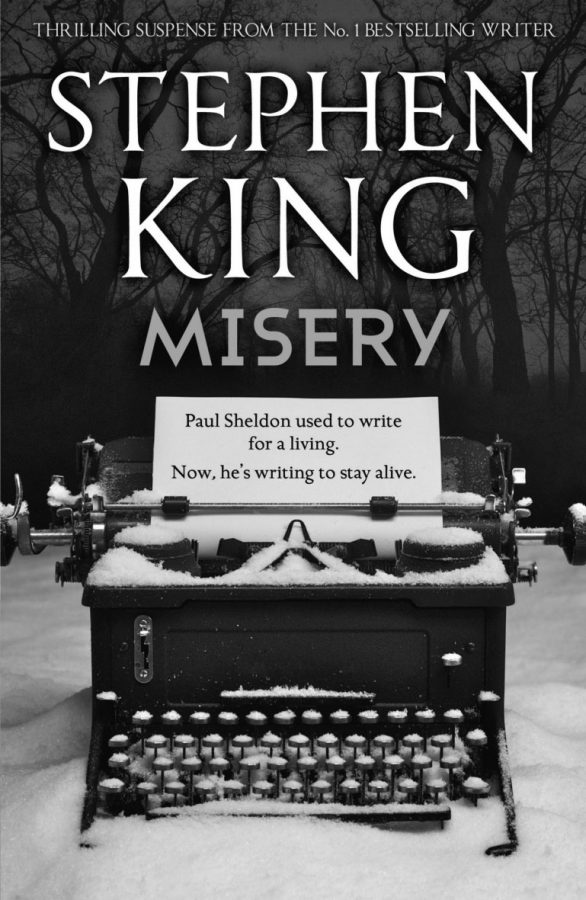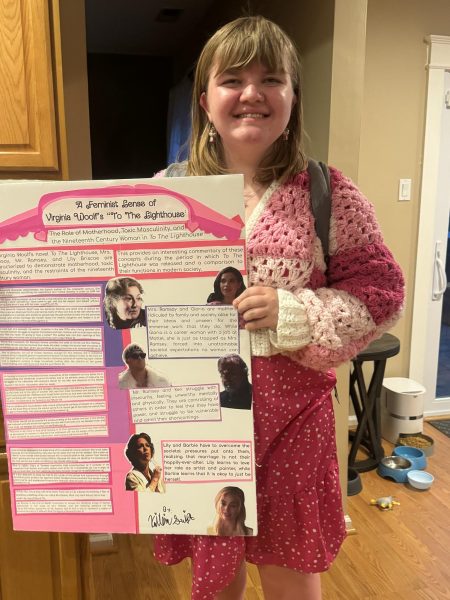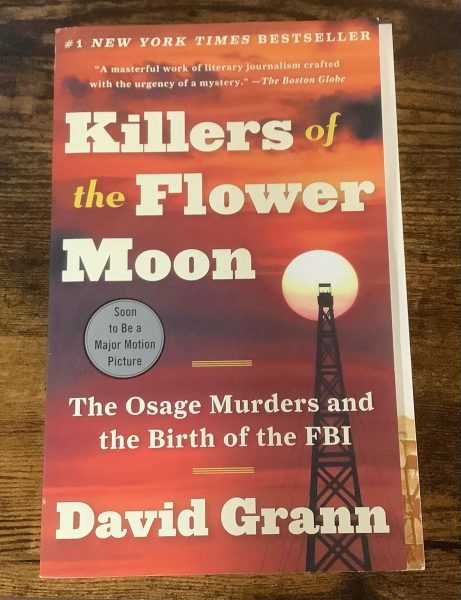Stephen King gives a new meaning to the word misery
Stephen King’s bestselling novel Misery tells the story of popular author Paul Sheldon who crashes his car and is taken in by the emotionally unstable Annie Wilkes.
While held in captivity, Paul becomes addicted to the pain- killing pill Novril. Based on personal experience of the perils of drug abuse, King details the life of Paul as he is trapped by not only by his nurse Annie but by his own pill addiction. Who else could write about feverish drug addiction and its effect on the creative process, other than King, who wrote Misery during his 1985 alcohol addiction?
King’s battle between himself and drugs mirrors Paul’s struggle between Annie and his own will to live. Annie, the twisted nurse, is the manifestation of how controlling a drug addiction can be. King is able to create a story stemming from real life experiences, yet still push the reader into a new world.
While constructing Misery around the abuse Paul suffers at the hands of Annie, King calls to question the notion of idols and fans. He writes, “Like an idol, she gave only one thing: a feeling of unease deepening steadily toward terror. Like an idol, she took everything else.”
Annie is not only dangerous, but a direct result of the obsessive culture between fans and who they perceive as idols. However extreme a representation Annie proves to be, she still is able to inhabit the reader’s mind and make them just as uncomfortable with fanatic fans as Paul. Her abuse and emotional turmoil relates to today.
According to the Stalking Resource Center, in the year 2011 7.5 million people were stalked, while 51% of females and 44% of males reported being stalked in their lifetime. These rates continue to rise, especially for celebrities. Annie’s obsessive behavior is not only chilling but it represents the harsher reality of a world where people can create false connections with anyone they idolize. King’s ability to write a timeless novel is what makes Misery so appealing.
Paul Sheldon is authentic in his struggles with addiction and experimenting with his writing. King even details Paul’s injuries and sets a realistic time frame of healing. The description of Paul’s deformed legs and the makeshift splints Annie creates for them are strikingly realistic. Paul’s thoughts move between past and present as he contemplates his will to live. He remembers the good and the bad, and like most people, these memories give him strength when events turn deadly.
King’s depiction of Annie is realistic in her untreated mental disorder, which affects her social relationships and contributes to her obsessive behavior. Annie’s heinous actions throughout the novel cause the reader to question if Annie had received the proper treatment before, would circumstances be as extreme. King’s realistic depictions of his characters are what keep readers tangled in the story, rooting for Paul’s survival. King also delivers believability in the interactions between Paul and Annie.
Although Annie is his captor, she becomes his sole caretaker, the only person he can depend on. They develop a mother and son relationship, with Paul being punished for disobeying Annie in any way. Annie is the cause and the supplier of Paul’s addiction, which she uses to control him. King is able to create
real characters that are symbols of the harsh realities that some may struggle with.
Even with King’s ability to represent reality and keep his writing relevant, Misery falters in one area. His ability to hold attention through con ict waivers throughout the novel. One may nd it hard to concentrate on the long-winded novel.
Misery is lled with intensity, which makes it hard to keep the story compelling. There are small lags in the central con ict, causing the reader to rush towards the climactic ending. With only two main characters in the majority of the story, it is hard to remain completely emerged in the plot.
Misery is an intense novel that seeks to keep the reader on their toes. King’s strength in character development allows the reader to become invested in Paul, even with short lags in the story. Annie is the nurse of nightmares, yet one cannot help wanting to learn more about her past and how it contributes to her mental issues.
Paul is the awed hero who must nd the courage to overcome Annie, a symbol for addiction and loss of control. King encourages readers to work for themselves in order to escape the realities around them.















